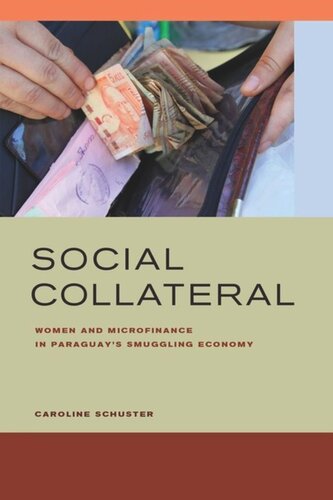

Most ebook files are in PDF format, so you can easily read them using various software such as Foxit Reader or directly on the Google Chrome browser.
Some ebook files are released by publishers in other formats such as .awz, .mobi, .epub, .fb2, etc. You may need to install specific software to read these formats on mobile/PC, such as Calibre.
Please read the tutorial at this link: https://ebookbell.com/faq
We offer FREE conversion to the popular formats you request; however, this may take some time. Therefore, right after payment, please email us, and we will try to provide the service as quickly as possible.
For some exceptional file formats or broken links (if any), please refrain from opening any disputes. Instead, email us first, and we will try to assist within a maximum of 6 hours.
EbookBell Team

4.7
66 reviewsMicrocredit is part of a global trend of financial inclusion that brings banking services, especially small loans, to the world’s poor. In this book, Caroline Schuster explores Paraguayan solidarity lending as a window into the tensions between social development and global finance.
Social Collateral tracks collective debt across the commercial society and smuggling economies at the Paraguayan border by examining group loans made to women by nonprofit development programs. These highly regulated loans are secured through mutual support and peer pressure—social collateral—rather than through physical collateral. This story of social collateral necessarily includes an interwoven account about the feminization of solidarity lending. At its core is an economy of gender—from pink-collar financial work, to men’s committees, to women smugglers. At stake are interdependencies that bind borrowers and lenders, financial technologies, and Paraguayan development in ways that structure both global inequality and global opportunity.